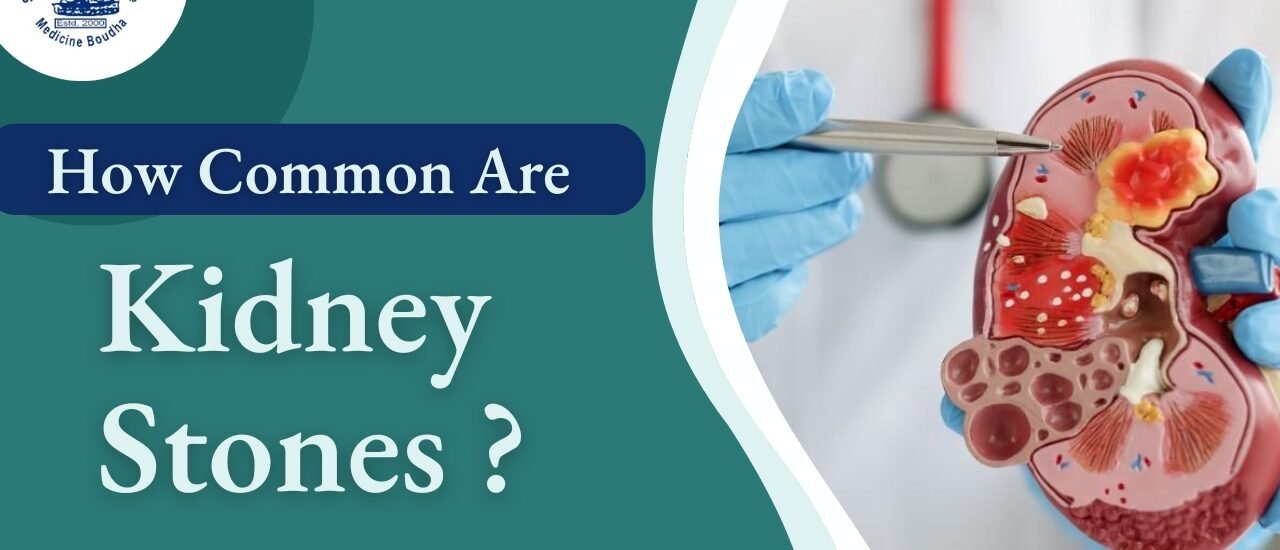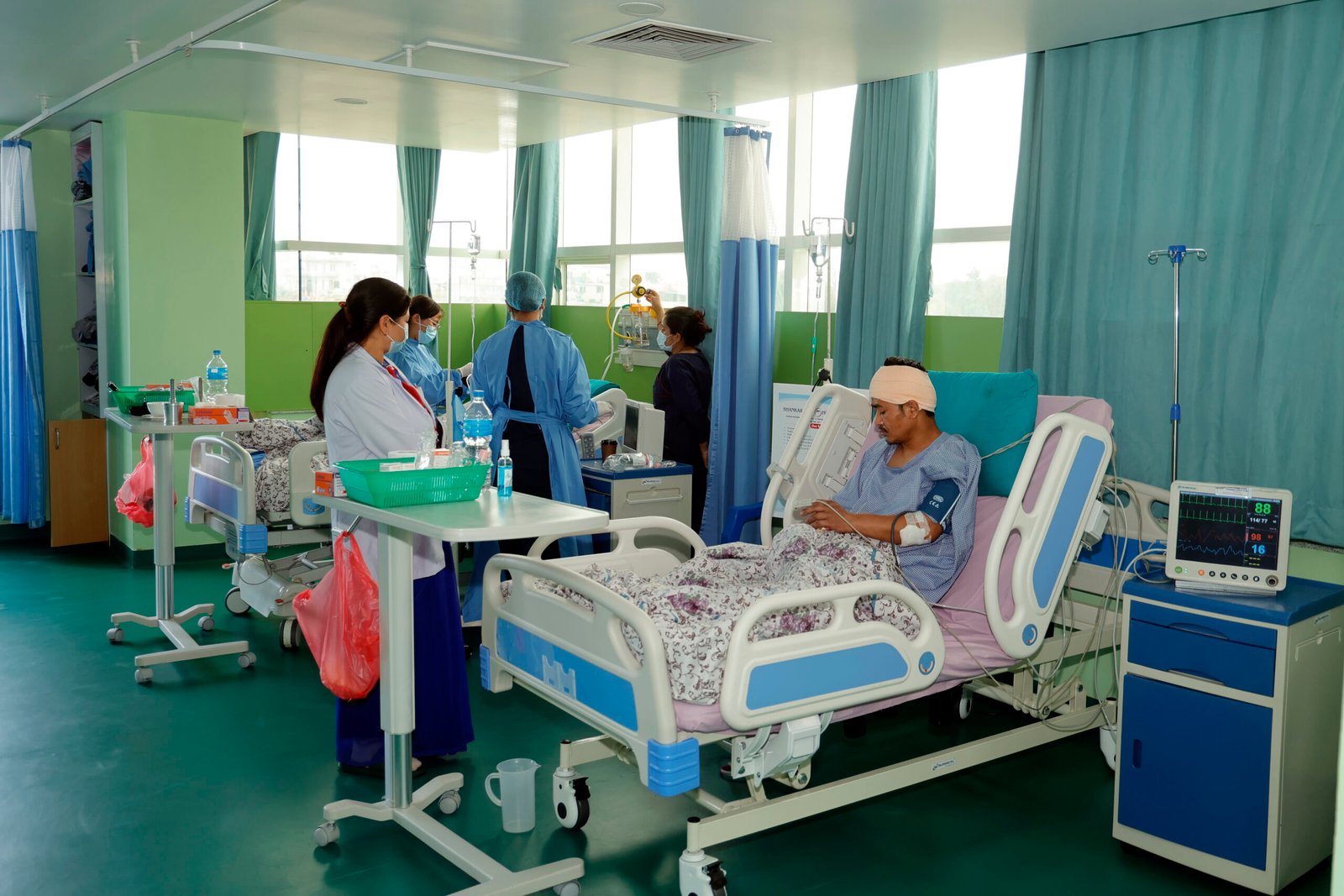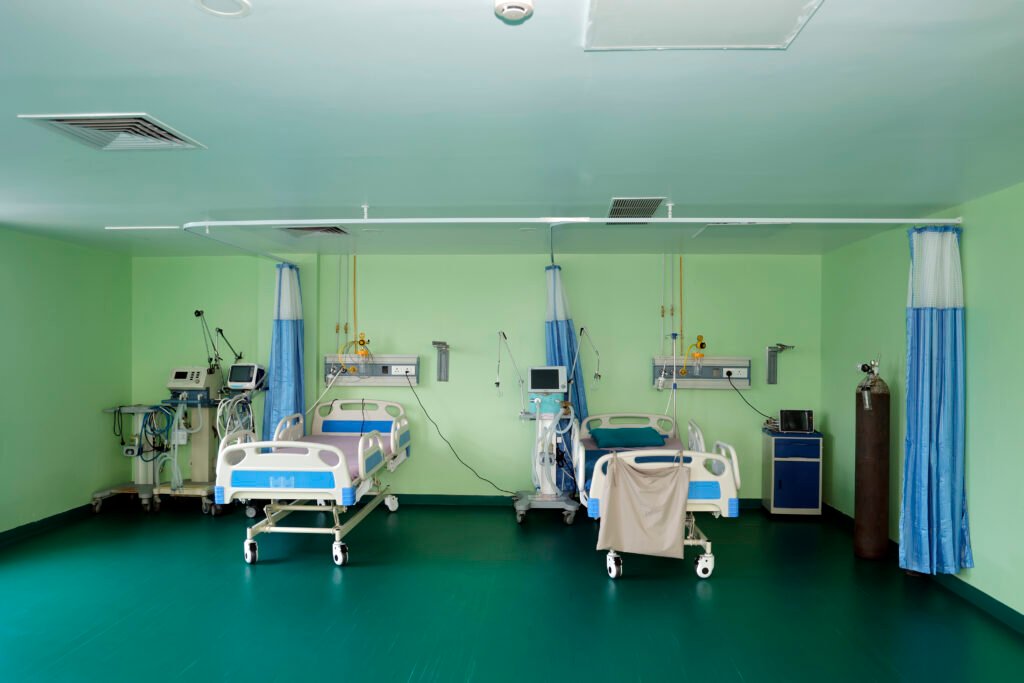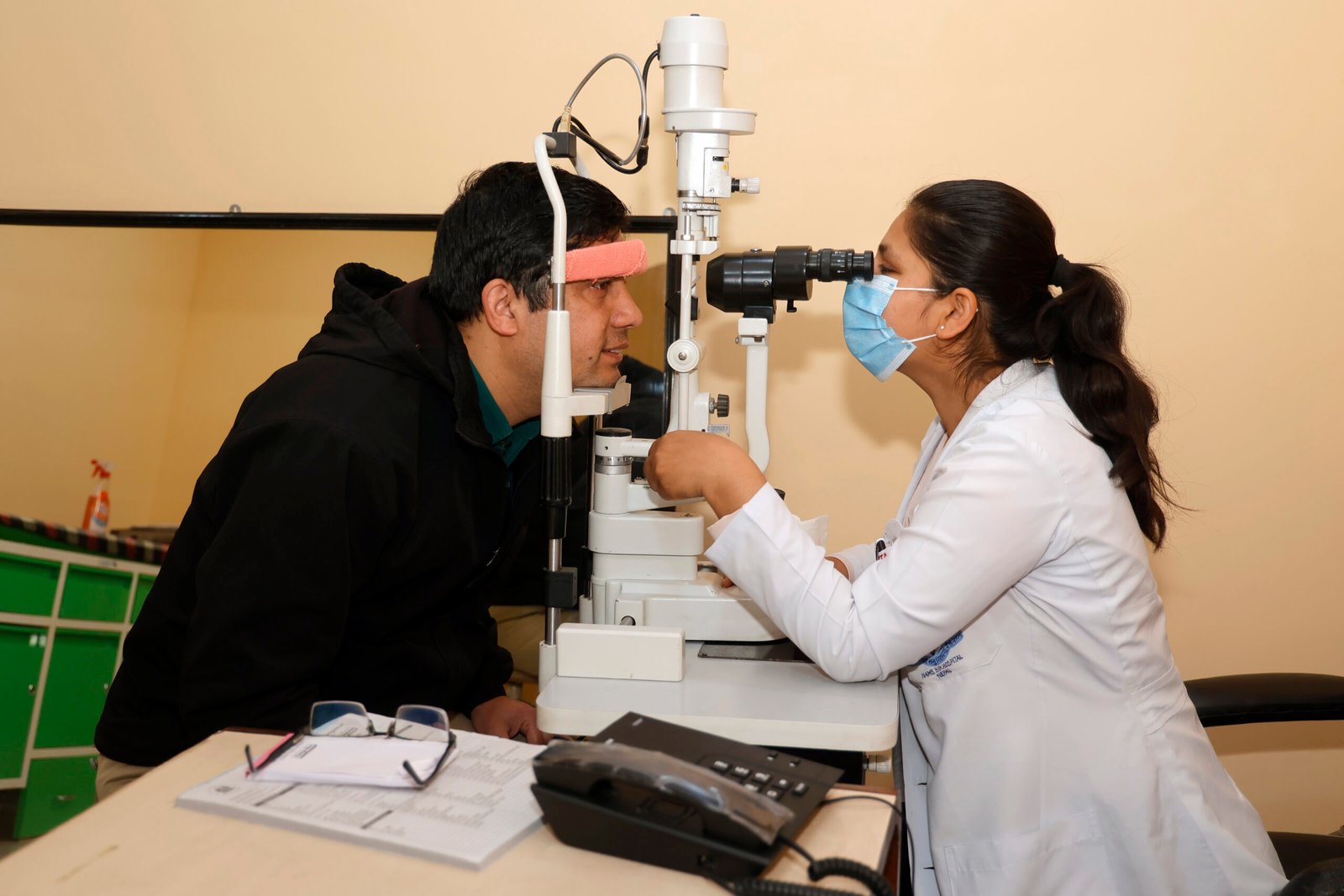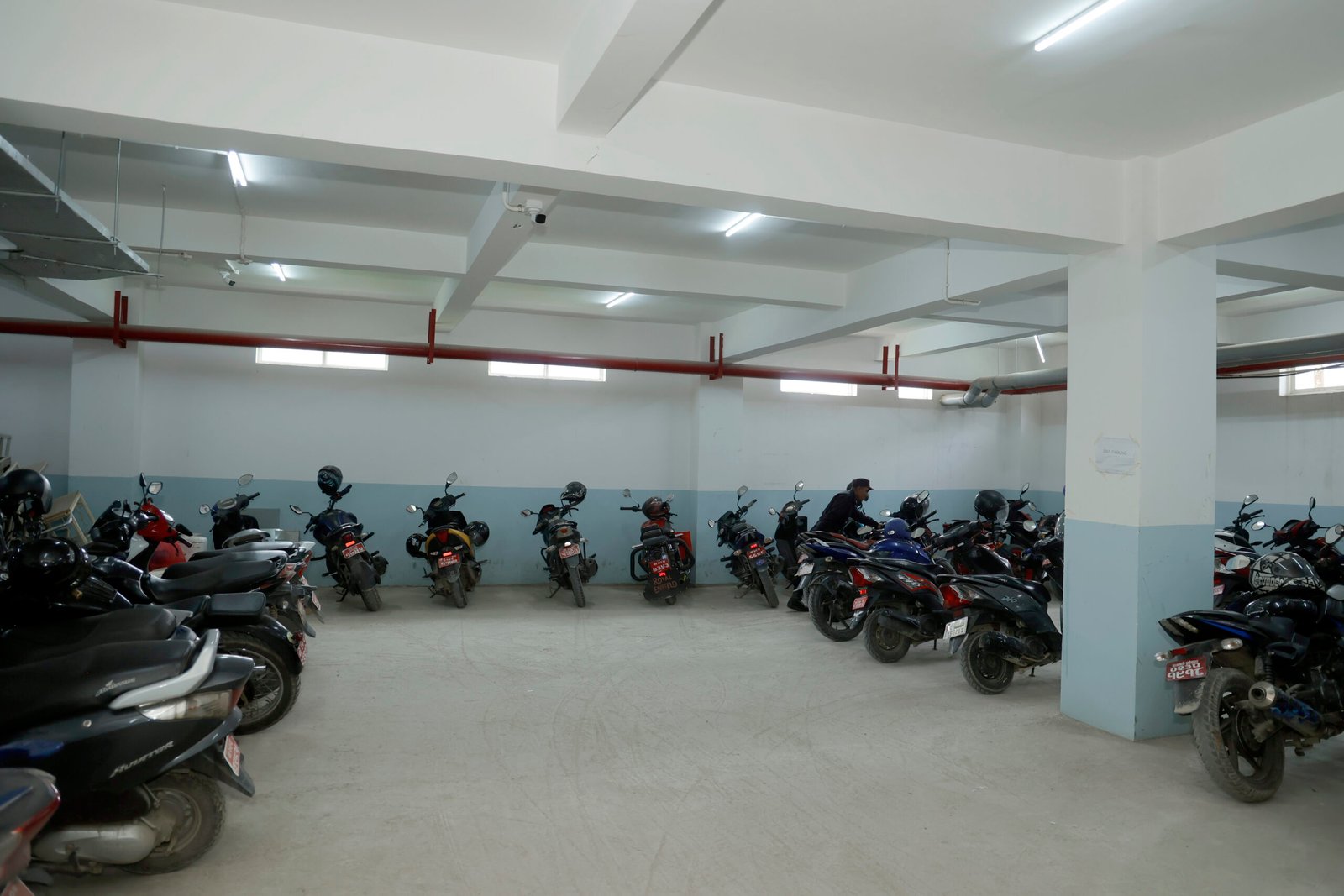Kidney stones, or nephrolithiasis, are a common medical condition affecting millions of people globally, including a significant number in Nepal. These hard mineral deposits form inside the kidneys and can cause excruciating pain as they pass through the urinary tract. Understanding how common kidney stones are, what symptoms to look for, and the available treatment options can help you take action sooner and avoid complications.
How Common Are Kidney Stones?
Kidney stones are relatively common worldwide, affecting around 12% of the global population at some point in their lives. However, the incidence in Nepal is particularly high, especially in regions with limited access to clean drinking water and warm climates, which contribute to chronic dehydration. Dehydration is a leading cause of kidney stone formation.
Studies show that in South Asia, including Nepal, 1 in 10 people will experience kidney stones, with the condition being more prevalent among men than women. In fact, men are twice as likely to develop kidney stones compared to women. The risk of kidney stones also increases with age, typically affecting adults between 30 to 60 years old.
Causes of Kidney Stones
Kidney stones form when there is a high concentration of certain minerals, such as calcium, oxalate, and uric acid, in the urine. The following factors can increase your risk of developing kidney stones:
- Dehydration: Not drinking enough water leads to concentrated urine, making it easier for stones to form.
- Diet: Diets high in salt, protein, and oxalate (found in foods like spinach, nuts, and tea) can contribute to kidney stone formation.
- Family History: If your family members have had kidney stones, your risk is higher.
- Medical Conditions: People with conditions like obesity, diabetes, and gout are more susceptible to kidney stones.
In Nepal, factors like a hot climate, inadequate water intake, and dietary patterns (rich in salt and protein) make kidney stones a particularly common issue.
Symptoms of Kidney Stones
The symptoms of kidney stones often go unnoticed until the stone starts moving through the urinary tract. When this happens, the symptoms can be severe and include:
- Severe Pain: A sharp, cramping pain in the back or side, often radiating to the lower abdomen and groin. This pain can come in waves and vary in intensity.
- Pain During Urination: A burning sensation or sharp pain while urinating.
- Frequent Urination: You may feel the need to urinate more often, even if you don’t pass much urine.
- Blood in the Urine: Urine may appear pink, red, or brown due to blood from the irritated urinary tract.
- Nausea and Vomiting: The intense pain may cause feelings of nausea or vomiting.
- Fever and Chills: These may occur if a urinary infection is present along with the stones.
If you experience any of these symptoms, particularly severe pain or blood in the urine, it’s important to seek medical care immediately.
Treatment Options for Kidney Stones in Nepal
Treating kidney stones depends on their size, location, and the severity of the symptoms. At Stupa Community Hospital in Kathmandu, Nepal, the medical team provides advanced diagnostic tools and a wide range of treatments for kidney stones. Here are the most common treatments:
- Medication: Pain relief and drugs that help relax the urinary tract muscles, making it easier to pass the stones.
- Extracorporeal Shock Wave Lithotripsy (ESWL): This non-invasive procedure uses sound waves to break large stones into smaller pieces, which are then passed through urine.
- Ureteroscopy: A thin tube is inserted through the urinary tract to locate and remove or break up the stone using a laser.
- Percutaneous Nephrolithotomy: For very large stones, surgery may be required. A small incision is made in the back to remove the stone directly from the kidney.
Stupa Community Hospital provides comprehensive care, from diagnosis to recovery, ensuring that each patient receives personalized treatment. The hospital’s state-of-the-art facilities and experienced urologists make it a trusted healthcare provider in Nepal for kidney stone treatment.
Preventing Kidney Stones
The good news is that kidney stones can often be prevented with a few simple lifestyle changes:
- Stay Hydrated: Drink plenty of water throughout the day to prevent dehydration, especially in Nepal’s warmer regions. Aim for at least 2-3 liters of water daily.
- Watch Your Diet: Reduce your intake of salt, animal protein, and oxalate-rich foods (like spinach, nuts, and chocolate).
- Monitor Your Calcium Intake: While calcium is essential, excessive amounts can increase your risk of developing kidney stones. Balance your calcium intake with your doctor’s guidance.
- Manage Health Conditions: If you have diabetes, obesity, or gout, managing these conditions can significantly reduce your risk of kidney stones.
- Regular Checkups: If you have a family history of kidney stones or have experienced them before, regular medical checkups are essential. Early detection can prevent complications.
Stupa Community Hospital offers expert advice on prevention strategies and ongoing care to help you avoid kidney stones in the future.
Why Choose Stupa Community Hospital for Kidney Stone Treatment?
Located in Kathmandu, Stupa Community Hospital is renowned for its excellence in urology and kidney stone treatment. With a focus on patient care, the hospital’s dedicated medical staff ensures that each patient receives the highest quality treatment tailored to their individual needs.
The hospital offers:
- Comprehensive diagnostics, including ultrasound and CT scans to accurately detect kidney stones.
- Cutting-edge treatment options, such as ESWL and minimally invasive surgery.
- Preventive care to help patients reduce their risk of future kidney stones.
For individuals suffering from kidney stones in Nepal, Stupa Community Hospital is a leading choice for both treatment and prevention.
Conclusion
Kidney stones are a common problem in Nepal, affecting many due to factors like dehydration, diet, and climate. While the symptoms can be painful and disruptive, early diagnosis and treatment can provide relief and prevent complications. By taking steps to stay hydrated and adopting a balanced diet, you can reduce your risk of developing kidney stones.


